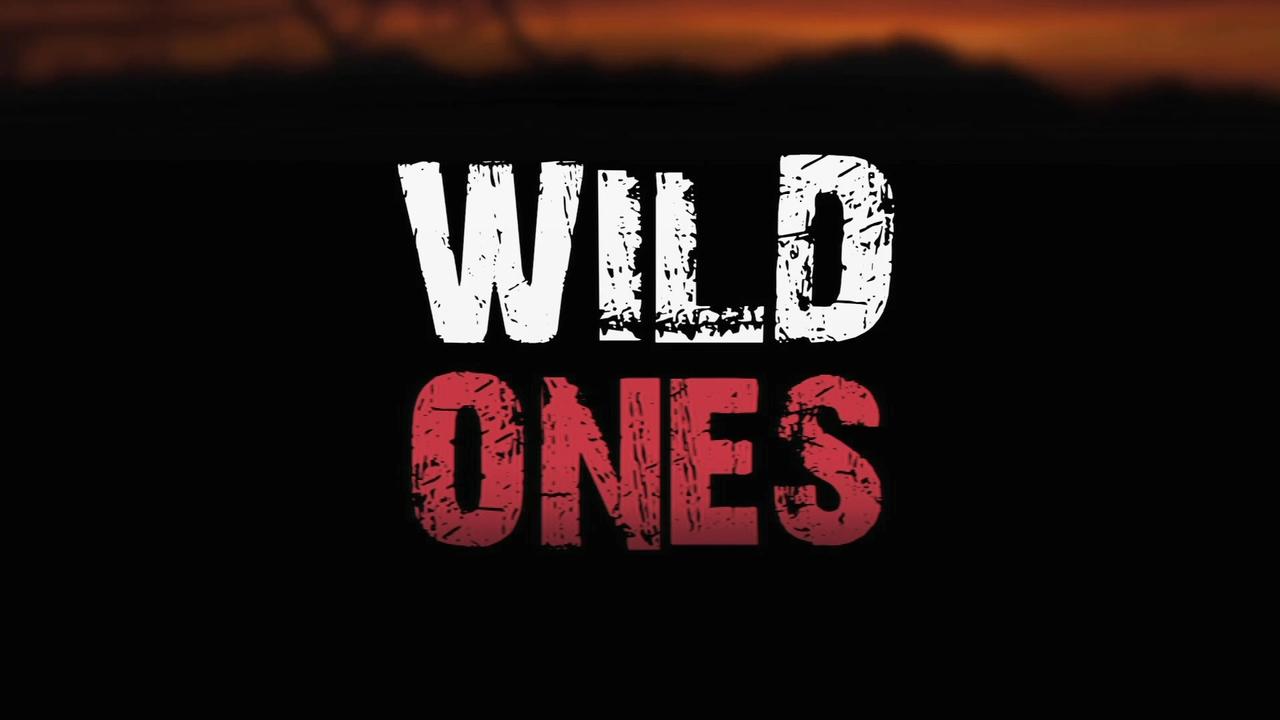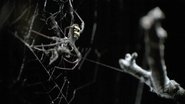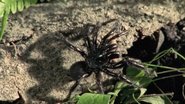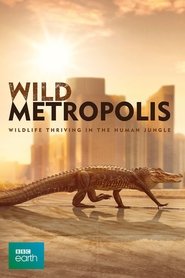
1 Tymor
13 Pennod
Wild Ones - Season 1 Episode 12
Toxins are a regular part of the animal world, an essential tool for hunting and defense. Some of the ocean dwellers have truly mastered the use of venom. Box jellyfish: With up to 15 three meter long tentacles extending from each corner of its body, and each of these tentacles covered in stinging cells the box jellyfish has around five thousand million stinging cells laced with one of the most toxic compounds known. Flushed from rivers to oceans with the wet season, the transparent box jellyfish brings with it a deadly presence to its prey, not to mention any unlucky human lashed by even half a tentacle. Stonefish: More venomous than even the land snakes, the venomous snakes of the oceans glide through the water with undulating grace, surfacing for air as they travel. Usually preying on fish, the venom of the sea snake has to be fast and powerful to stop its victims from swimming away. Cone shell: The most unthreatening things can sometimes be the most dangerous. The beautifully patterned shell of this sea snail may look tempting to touch but the harpoon that erupts out of its proboscis and into the victim is delivering a complex blend of hundreds of different toxins for which there is no anti-venom. Blue ringed octopus: The small light brown octopus that rests on the bottom of the ocean has a surprise in store. When it feels threatened little electric blue circles appear on its body – a warning to back off – this is a blue ringed octopus! These stunning iridescent animals carry enough venom to kill 26 adults within minutes - their biting beak can break through a wetsuit with ease.
- Blwyddyn: 2014
- Gwlad: United States of America, Australia, France
- Genre: Documentary
- Stiwdio: Discovery
- Allweddair: insect, savannah, wildlife, wild animal, nature
- Cyfarwyddwr:
- Cast: Robert Polo



 "
" "
" "
" "
" "
" "
" "
" "
" "
" "
" "
" "
" "
"


















